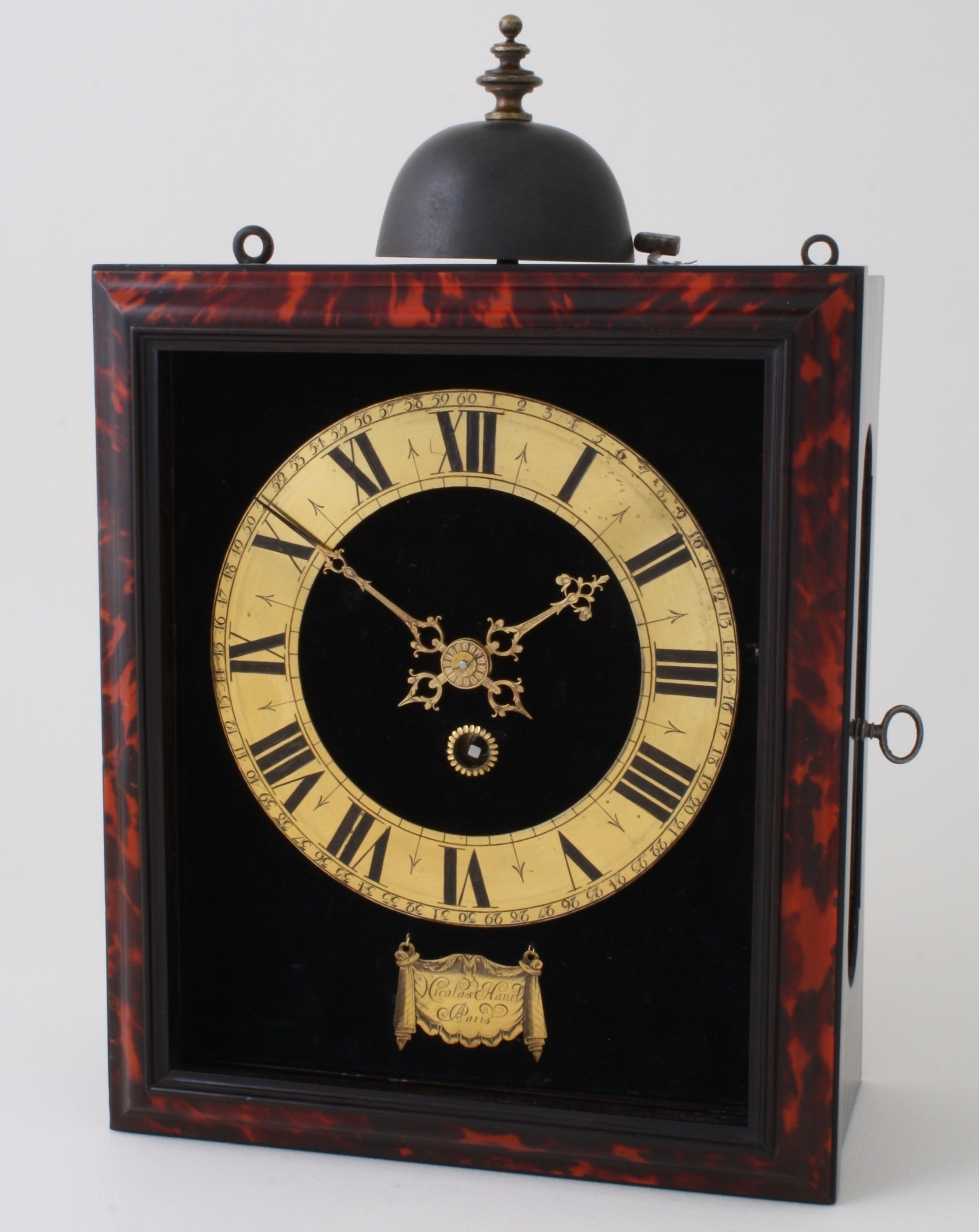

The very first calendars may have been devised during the last glacial period who used sticks and bones to track the phases of the moon for seasons. Many ancient civilizations are known to have observed the motions of astronomical bodies and the sun to determine dates, times and seasons. How did they tell time before clocks?īefore the development of mechanical clocks, timekeeping devices were a lot more basic in design. By the 1980s they became the world's dominant timekeeping technology in both clocks and wristwatches.Ītomic clocks are far more accurate than any previous timekeeping device, and are used to calibrate other clocks and to calculate the International Atomic Time a standardized civil system, Coordinated Universal Time, is based on atomic time. These made quartz clocks more compact and much cheaper to manufacture and produce. Microelectronics began to appear in the 1960s and were first used in laboratories. This was until the developed of quartz oscillators and atomic clocks in the post-war years. Despite these advancements, pendulum clocks remained one of the most accurate clock designs well into the 20th Century. The invention of the balanced spring and addition to clock balance wheels in the mid 17th Century greatly improved timekeeping device accuracy. They would gradually reduce in size until pocketwatches first began to appear in the 17th Century.
#When were clocks invented portable
With the invention of the mainspring in the 15th Century, clocks were able to go portable for the first time. Galileo would show a little earlier, in 1581, that pendulums could be used to help keep clocks accurate so long as the pendulum was swinging. Mechanical clocks would quickly prove their worth as being very reliable (for the time) and were the de facto timepiece until the development of the true pendulum clock in the late 17th Century by Christiaan Huygens. Many would prove to be exquisite works of art like the Prague Astronomical Clock. Some can still be found today with some examples in England and France dating to the 14th Century. Whilst that might sound very inaccurate today, they were cutting edge at the time. Most often only lost about 2 hours a day. They were often built in tall towers and were able to keep relatively good time for long periods. The first examples were truly huge devices and relied on the use of heavy-weights to drive the clock's hands. These early mechanical clocks employed the verge escapement mechanism with a foliot or balance wheel for accurate timekeeping. The first true mechanical clocks appeared in 14th Century Europe. The Chinese were able to develop a mercury version in around the 10th Century with the direct ancestors of mechanical cocks appearing in 11th Century Iran.

These were simple water-powered versions that were able to transfer rotational energy into intermittent motion. The first escapements appear in around the 3rd Century BC in Greece. What was needed was a timekeeping device that could overcome these problems. The answer, as it turned out, was to go mechanical. Water also has the annoying habit of freezing in winter and evaporating during summer.

Shadow Clocks and Sundials didn't work at night, water clocks were notoriously inaccurate as water flows at different rates depending on the ambient temperature. Many if not all of these early time-keeping devices had their inherent problems, however. Sundials were developed around this time too and provided a good estimate for the hour of the day - at least when it was sunny. Timesticks were developed in places like India and Tibet and the hourglass (which was widely used throughout Europe) arose a little later. This lets the water out at a steady rate and hours were marked off with lines inside the water reservoir.Ĭandle Clocks were another ancient timekeeping device that was used widely around the world from China to England and Mesopotamia. These early water clocks were simple devices consisting of a reservoir of water with a tiny hole cut into the bottom. Water clocks were later adopted by the Ancient Greeks (called the Clepsydra ), and the Zhou Dynasty also developed their own versions around the same time. They were also able to develop the first example of water clocks which appear to have first been employed in the Precinct of Amun-Re.


 0 kommentar(er)
0 kommentar(er)
